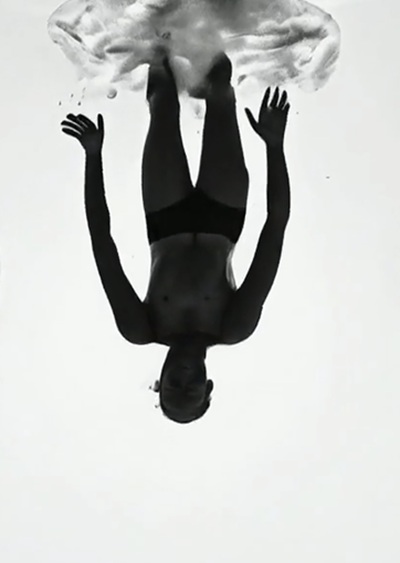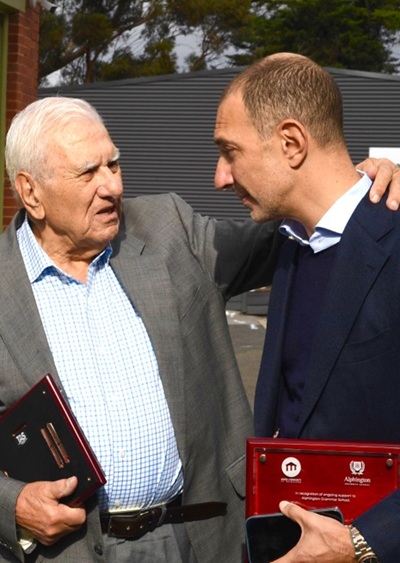
The 161 Cycladic figurines from the Stern Collection, which the Greek state loaned to the Metropolitan Museum of Art in New York, were admired yesterday by those who attended the opening of the exhibition of the entire collection in its first public appearance. The exhibition of 161 artifacts of Cycladic culture are on display in the large hall of the Museum, with the inscription. “Cycladic Art Loan to MET”.
It provides for all the works of Cycladic Culture (figurines, candelabras, etc.) of Cycladic figurines, which were illegally exported and returned to the country that created them, with a paradigmatic Agreement, which was ratified by law 4968/2022, making the Greek state their exclusive owner. The first international exhibition of 15 iconic figurines from the Collection was held, as provided for in the agreement, at the Cycladic Museum in Athens, in November 2022, for one year, entitled “Return. Cycladic Treasures on their return journey”.
The exhibition of the 161 antiquities that made up the Stern collection is presented in the first large hall of the Metropolitan Museum, as an introduction to the Greco-Roman world. For the first time an exhibition of artefacts from another country is presented together with the permanent collection of the Metropolitan Museum.
The opening of the exhibition was held at MET’s Great Hall, in the presence of the Minister of Culture, Lina Mendoni, the Greek Ambassador in Washington, Katerina Nasika, representatives of the Greek Diaspora, as well as personalities from the intellectual, artistic and academic world of New York. Greetings were given via video message by Prime Minister Kyriakos Mitsotakis, the Minister of Culture Lina Mendoni, the CEO of the Metropolitan Museum Max Hollein, the Director of the Collection of Greco-Roman Antiquities Sean Hemingway and the collector Leonard Stern.
In her speech, Lina Mendoni noted that “The repatriation of antiquities that belong to Greece but are currently abroad is a matter of national importance and a high political priority for the Ministry of Culture of the Hellenic Republic. International cooperation and synergies through bilateral and multilateral agreements for this purpose are always supported and pursued. However, each case of repatriation is unique. In the case of the Leonard Stern Collection, the most important private collection of Cycladic antiquities internationally, the Ministry’s usual policy of settling the claim out of court was in fact dictated by the complete lack of supporting evidence. As verified by the relevant Ministry services, none of the 161 antiquities have ever been recorded as stolen and there is also no evidence or any indicative information as to when and how they were discovered and exported from Greek territory or their route and fate until they reached New York.”
The Minister of Culture pointed out that: “Our political priorities include the presence of Greek antiquities and works of art in museums around the world, based on the ethical principles of their acquisition. We demand the repatriation of all works that have been illegally exported from our country and illegally trafficked, on the basis of international conventions. Greece demands the return and reunification of the Parthenon Sculptures in Athens. The Greek claim is supported by indisputable historical, scientific, legal and moral arguments. In addition, there is a broader and universal dimension. Unlike other stolen works of art and monuments of our cultural heritage that exist autonomously, standing alone and independent of their immediate surroundings, the Parthenon Sculptures are organic and integral parts of a solid architectural structure, a solid artistic creation, together with which they form a single and indivisible physical, aesthetic and conceptual whole.”
From today the scientific and general public has the opportunity to study and enjoy the great artifacts created in the Cyclades and dating back to the early Cycladic period, in the 3rd millennium BC.







Leave A Comment